Martial Peak Reviews
Zara J. Black's Ruled By Magic is a provocative exploration of power dynamics, societal oppression, and personal freedom, set against the backdrop of a richly imagined magical world. The novel opens with a gripping premise: the protagonist, a young woman facing imprisonment for daring to expose the secrets of the magical elite, is offered a Faustian bargain by the enigmatic and powerful mage, Leopold Rahl. This setup immediately hooks the reader, promising a narrative filled with tension, intrigue, and complex character interactions.
One of the most compelling aspects of Ruled By Magic is its exploration of the theme of submission versus freedom. The protagonist's journey is not just a physical one but also a deeply psychological exploration of what it means to be free in a society that seeks to control every aspect of one's life. The oppressive nature of Dexia, where mages hold all the power and sexuality is repressed, serves as a mirror to real-world issues of power imbalance and societal control. Black deftly uses this setting to question the nature of freedom and the cost of submission, making the reader ponder the true meaning of liberation.
The character development in the novel is another standout feature. The protagonist is a well-crafted character, whose internal struggles are portrayed with nuance and depth. Her initial shame and reluctance to accept Leopold's deal gradually evolve into a complex relationship that challenges her perceptions of power and autonomy. Leopold Rahl, on the other hand, is a fascinating character study in power and control. As Dexia’s new Lord Commander, he embodies the very system the protagonist despises, yet his motivations are layered and intriguing. Black skillfully peels back the layers of his character, revealing vulnerabilities and desires that make him more than just a one-dimensional antagonist.
The dynamic between the protagonist and Leopold is central to the novel's impact. Their relationship is fraught with tension and ambiguity, blurring the lines between captor and captive, master and servant. This dynamic is reminiscent of other works in the genre, such as Sarah J. Maas's A Court of Thorns and Roses series, where power imbalances are explored through intense character relationships. However, Black brings a unique voice to this narrative, infusing it with a raw emotional intensity that sets it apart.
In terms of world-building, Black excels at creating a vivid and immersive setting. Dexia is a territory steeped in tradition and control, where magical tech is outlawed, and the elite wield their power with impunity. The societal norms and restrictions are intricately woven into the fabric of the story, providing a rich backdrop against which the characters' struggles play out. The attention to detail in the depiction of Dexia's magical hierarchy and the societal rules adds depth to the narrative, making the world feel both fantastical and eerily familiar.
Black's writing style is both engaging and evocative, drawing the reader into the story with its descriptive prose and well-paced narrative. The dialogue is sharp and often laden with subtext, reflecting the complex relationships between the characters. The pacing of the novel is well-balanced, with moments of intense action interspersed with quieter, introspective scenes that allow for character development and thematic exploration.
While Ruled By Magic is a compelling read, it is not without its flaws. Some readers may find the power dynamics and themes of submission challenging or uncomfortable, particularly given the protagonist's initial lack of agency. However, this discomfort is intentional, serving to underscore the novel's exploration of power and control. Additionally, while the relationship between the protagonist and Leopold is central to the narrative, some readers may desire more exploration of the broader societal implications of their dynamic.
In conclusion, Zara J. Black's Ruled By Magic is a thought-provoking and emotionally charged novel that delves into themes of power, freedom, and identity. With its richly developed characters, immersive world-building, and engaging narrative, it is a standout addition to the fantasy genre. Fans of stories that explore complex power dynamics and character relationships will find much to appreciate in this novel. While it may not be for everyone, those willing to engage with its challenging themes will find a rewarding and impactful reading experience.
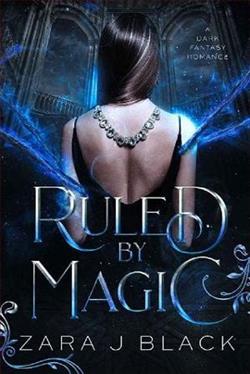





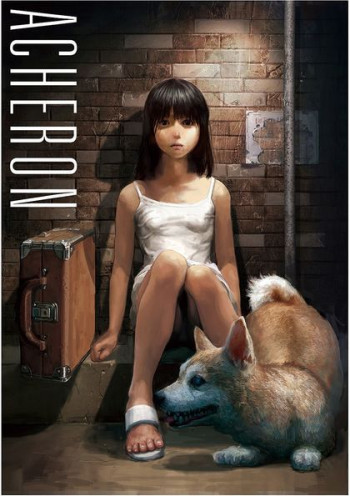

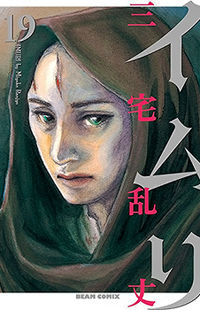

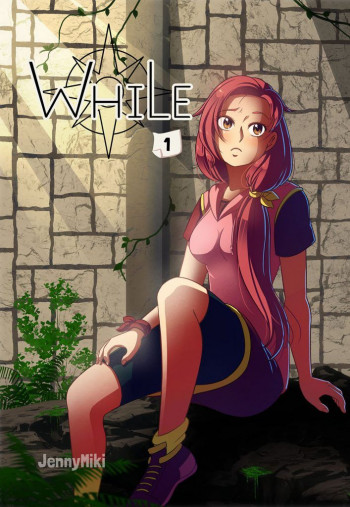

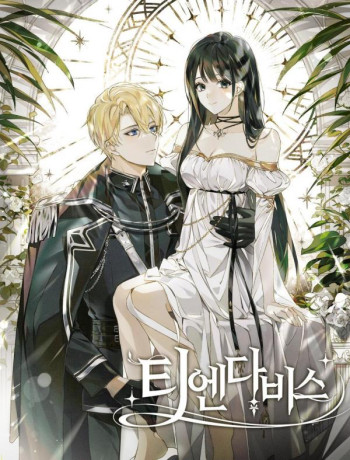
![I Became the Mother of the Bloody Male Lead [Kai Scans]](/upload/pic/manga/i-became-the-mother-of-the-bloody-male-lead--kai-scans-.jpg)










Reviews 0
Post a Reviews: